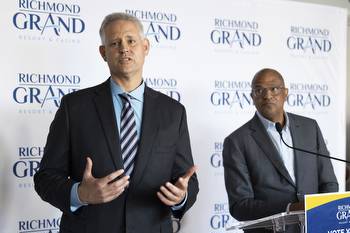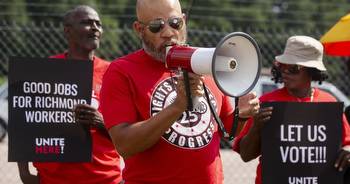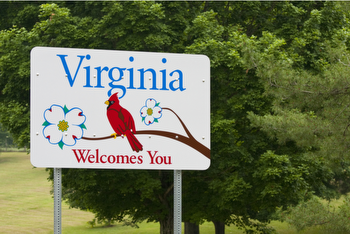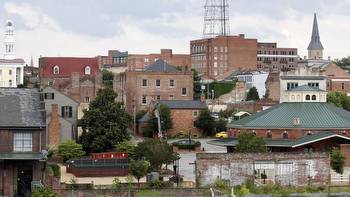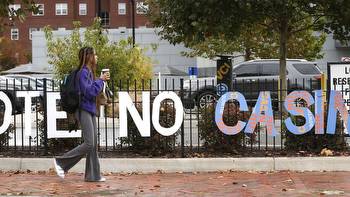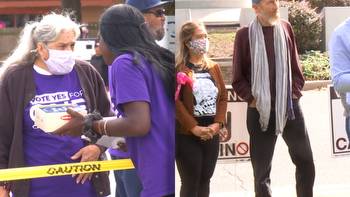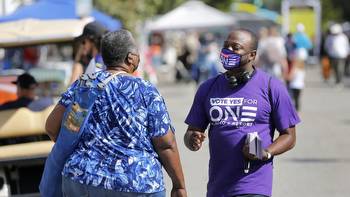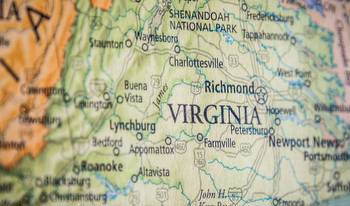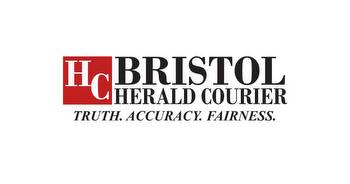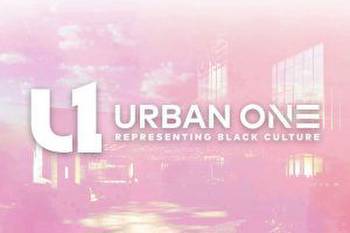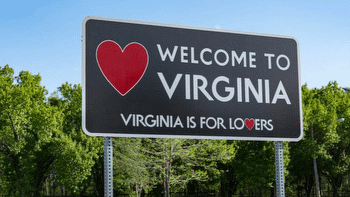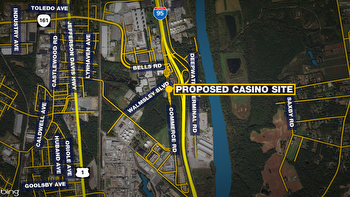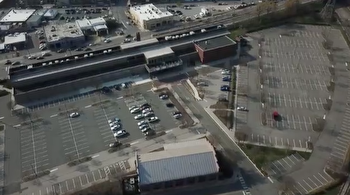'The right thing': Richmond restaurateur stepped down from lottery board after approach by casino developer
The Virginia Lottery Board was about to adopt emergency regulations for the new casino industry in early February when one of its members, Chris Tsui, let agency leaders know that a potential casino operator in Richmond had approached him about operating a restaurant in a casino resort it had proposed in South Richmond.
Tsui, who operates 13 restaurants in the Richmond area as president of EAT Restaurant Partners, abstained from the 6-0 board vote to adopt the emergency regulations on Feb. 3 as a step toward licensing and regulating up to five casinos in Virginia under a law enacted last year.
A little more than two weeks later, on Feb 19, he resigned from the board, even though he said he had not accepted an offer to operate a restaurant at the ONE Casino + Resort, one of several proposed casino operations vying then to become Richmond's chosen casino operator under state law, subject to approval by voters.
"He did absolutely the right thing by making us aware and being willing to step aside," Lottery Executive Kevin Hall said this week.
ONE spokesman Mark Hubbard of McGuireWoods Consulting said the company was unaware of Tsui's role on the lottery board when it approached him about participating.
"We approached him solely as a leading restaurateur in the city," Hubbard said on Thursday. "He informed us of his lottery relationship during the process and his intent to appropriately address it, which he has."
However, Tsui's encounter with the developer of the ONE casino project is a cautionary tale for the state bureaucracy tasked with broad new responsibilities in addition to running a state lottery that generated $3.3 billion in sales and $765 million in profits in the fiscal year that ended on June 30.
The lottery and its board also are responsible for licensing and regulating the new sports betting and casino gaming industries in Virginia, so General Counsel Amy Dilworth reminded board members during Tsui's final meeting that they must take care to avoid any appearance of improper influence by potential applicants for licenses and permits in gaming businesses they will regulate.
"I don't want you to be placed in any circumstance where it could be interpreted as a conflict or even the appearance of a conflict of interest," Dilworth said, advising board members to contact her or Hall if approached by any business that would be regulated by the lottery.
Her advice included a reminder that board members are prohibited from: any direct or indirect investment in a casino gaming operation; any share of the financial proceeds, direct or indirect, from casino gaming; and any contractual interest in the manufacture or sale of gaming devices or the conduct of gaming activities.
This is not new for the lottery's 300 employees and their leaders, whom state law prohibits from even playing the games they market to help raise money for the state's general fund budget, specifically for public education.
But the stakes have risen much higher with the launch of sports betting this year and the approval of casino resorts in four cities, with a voter referendum planned in Richmond in November to decide whether to approve the ONE project proposed at Walmsley Boulevard and Bell's Road along Interstate 95 in South Side.
After a fierce competition that began with six aspiring casino developers, Richmond chose the ONE project in May. The $600 million project is proposed by Urban One, a Black-owned media company in the Washington, D.C., area, and Peninsula Pacific Entertainment, a Los Angeles-based company that already operates a horse track in New Kent County and five Rosie's Gaming Emporiums in Virginia, including one in South Richmond.
Part of their pitch has been involvement of local investors and local restaurants in a project that they say would be the only Black-owned casino and resort in the country. The project, if approved by voters and licensed by the state, would feature 15 restaurants and bars.
"They were all given an opportunity to invest in the project, in addition to having a presence," Hubbard said.
ONE lists Tsui among its local investors, but he said on Wednesday that he hasn't invested any money in the project or committed to running a restaurant at the proposed resort, which would be his first in South Richmond.
"It's not certain whether or not we will put in a restaurant there," he said in a phone interview. "I would consider it at the right terms."
Similarly, Tsui said that he and other local residents listed as investors on the ONE website have not yet actually invested money in the project or received a prospectus to evaluate the benefits.
"I am not certain whether or not I'm going to be an investor," he said.
Hubbard, spokesman for the ONE project, said it's still too early in the process to nail down those details.
“Given the nature of our status as the potential operator for the casino, we don’t yet have final agreements with anyone, because we don’t yet have final approval from the city of Richmond, the Virginia Lottery or a positive referendum result," he said.
"We continue to have conversations with many of Richmond’s premier restaurant providers and we look forward to having those final partnerships announced as we move forward with the proposed ONE Casino + Resort,” Hubbard said.
Tsui expressed regret about leaving the lottery board, but he said he had no choice if he were to consider joining the project as an investor or participating restaurateur.
"If I'm going to entertain it, that's why I stepped down," he said.
From the lottery's perspective, Hall said, "As soon as he was approached, we advised him he couldn't have any involvement in any board actions involving casinos. At that point, there had been none."
Tsui was present during the board discussion of the emergency casino regulations on Feb. 3, but he abstained from voting.
He was gone when the board met again in April and on Wednesday, when it approved permanent casino gaming regulations. The regulations will go to the governor's office for review and a 60-day public comment period before the board takes final action.
“In this role, we see the Lottery as the public’s watchdog, confirming that the law and regulations are followed, and the integrity of casino gambling is protected,” Hall said in a statement.









